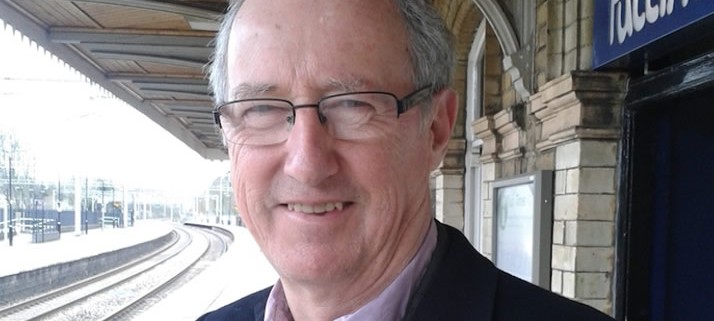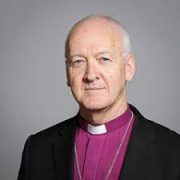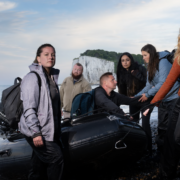Consultivitis
Never in the history of broadcasting have so many broadcasters, regulators and politicians alike wanted to consult us, the public. It’s a reflection of what’s at stake.
Within five years, the BBC could be considerably smaller than it is now and the licence fee replaced by a levy; ITV may be under the control of some giant US media conglomerate, and Channel 4 could be privatised.
So there’s everything to play for and those who feel public service interests are in danger of being neglected – if not ignored – need to be on guard. Here, at the Sandford St Martin Trust, we have a particular responsibility to ensure that the arguments for intelligent and authoritative religious and ethical coverage are heard loud and clear.
These are the main consultations that have been announced already.
Concerning BBC Charter Renewal:
The BBC Trust has just concluded the first stage of its public consultation but are and will be others.
You still have your say until November 5th by filling in the questionnaire here: https://consultations.external.bbc.co.uk/bbc/future-ideas
The Government’s own consultation closes in mid-October, so you should fill in the online survey or write to the Department of Culture Media and Support with your views soon.
There’s more information about how you can do it here:
https://www.research.net/r/bbconlineconsultation
Following the DCMS’s public consultation, there will be at least two parliamentary committees dedicated to the subject of Charter Renewal: one in the Commons and one in the Lords. Both will hearing evidence from interested parties and the Sandford St Martin Trust is gearing up to contribute to both.
The BBC’s Director General, Tony Hall has already said that it’s “inevitable” that BBC services will have to be closed or cut in response to the government’s green paper and the already agreed 20% drop in the licence fee. Insiders believe he is likely to protect drama and popular programming. But supporting a rich broadcasting ecosystem that includes excellent religious and ethical broadcasting means we’ll need to be alert to any proposals that involve cancelling BBC4 or cutting back on children’s broadcasting – both of which have already been identified as being at risk.
Then, most important of all in relation to the BBC, will be publication of the Government’s white paper which is expected early in 2016.
The Future of Channel 4
Despite ministerial denials that there are any plans to privatise Channel 4, only this week a government official was photographed walking into Downing Street with a document setting out options for its £1 billion sell-off. The Treasury and the Secretary of State will argue that ownership is irrelevant, what matters is the quality of the output – but this is baloney.
Private owners will want to make profits and, therefore, will want to broadcast the most profitable programming. Should profits drop, any remit will be cast aside. Minority programming will underfunded and shunted to the edges of the schedule.
If you needed any proof, the government’s inadvertent revelation proves that once they have dealt with the BBC, the Government will turn their attention on Horseferry Road.
ITV
Given the circumstances, it seems increasingly likely that ITV will be taken over by US companies. Last year Channel 4 chief executive, David Abraham dedicated his MacTaggart lecture at the Edinburgh International TV festival to warning of the threats posed by foreign media companies keen to “snap up” UK production companies. Last year the US media conglomerate Viacom scooped up Channel 5 and the prospect that ITV may soon end up in US hands seems increasingly likely. If this does come to pass, organisations like the Sandford St Martin Trust will need to lobby to ensure that the minimal public service requirements, which now exist, continue.
At Sandford we will continue to try to monitor all these developments and to actively lobby Parliament, regulators and broadcasters where appropriate. But we can’t do it alone and we know we’re stronger when we work with partners who are equally determined to secure the future of our rich broadcasting ecosystem. We welcome advice and assistance from anyone who shares our interest.








Leave a Reply
Want to join the discussion?Feel free to contribute!